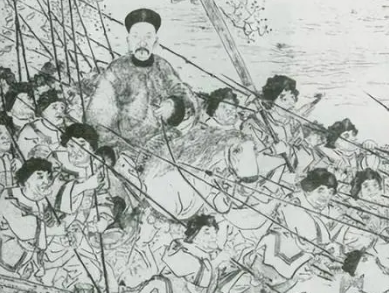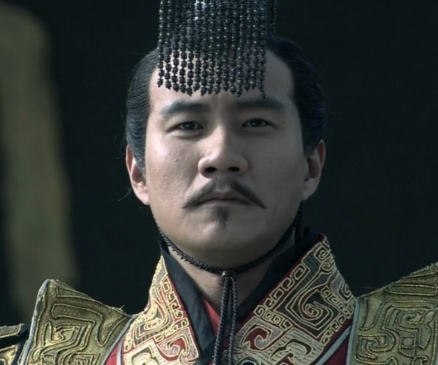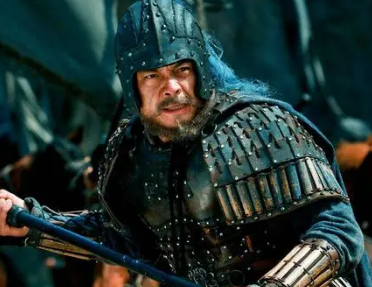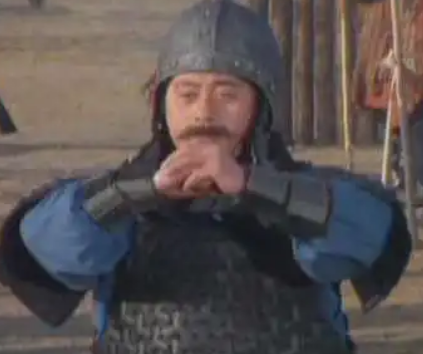Throughout Chinese history, there have been numerous valiant and strategic generals who have won countless battles with their bravery and cunning. However, some generals have also met with defeat in war, and their failures often prompt deep reflection. Yu Wenhuaji is one such figure. Once a valiant general, his failures have become a subject of contemplation in the long river of history. So, why did Yu Wenhuaji fail? What were the reasons for his defeat?

Firstly, the most direct reason for Yu Wenhuaji's failure was his strategic blunder. In the war against the Tang Dynasty, Yu Wenhuaji adopted an aggressive strategy, attempting to break through the Tang's defenses in one fell swoop. However, under the command of Li Shimin, the Tang army successfully resisted Yu Wenhuaji's attack with steady defense and flexible counterattacks. This aggressive strategy resulted in heavy losses for Yu Wenhuaji's army and ultimately led to his defeat.
Secondly, Yu Wenhuaji's failure was also related to his personality. According to historical records, Yu Wenhuaji was proud and unwilling to listen to others' opinions. In war, he always stuck to his own views and refused to accept suggestions from others. This personality trait led him to miss many opportunities in battle and caused his army to lose direction.
Lastly, Yu Wenhuaji's failure was also attributed to his impulsive decision-making. In war, he often made hasty decisions that put his army in a passive position. For instance, during the war against the Tang Dynasty, Yu Wenhuaji once decided to launch an attack without sufficient preparation. Such impulsive decisions resulted in heavy losses for his army.
Overall, Yu Wenhuaji's failure was caused by his strategic blunder, pride, and impulsive decision-making. These reasons provide valuable historical lessons for us. When facing war, we should avoid aggressive strategies, learn to listen to others' opinions, and make rational decisions. Only by doing so can we achieve victory in war.
Disclaimer: The above content is sourced from the internet and the copyright belongs to the original author. If there is any infringement of your original copyright, please inform us and we will delete the relevant content as soon as possible.






























